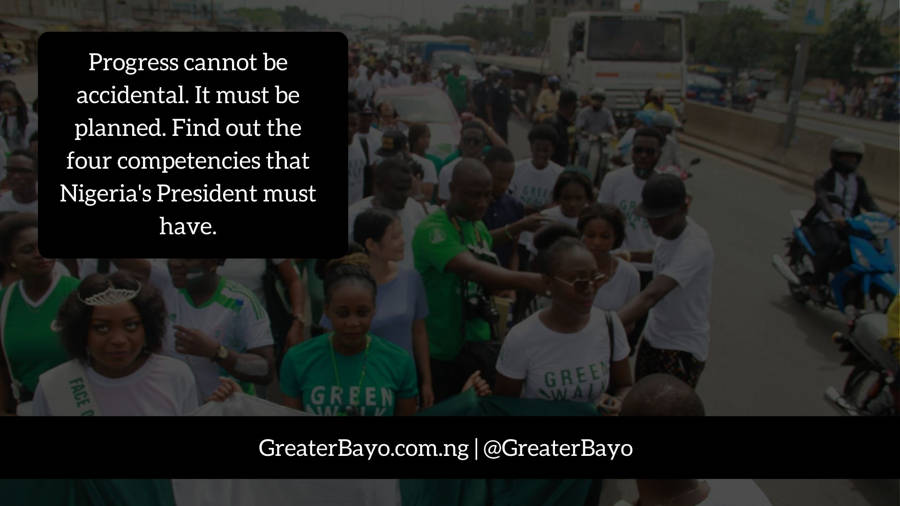Yesterday, I co-anchored Impact 2021 with TVC’s Esther Omopariola. This is the third year in a row that both of us have anchored this event starting with Impact 2019 which featured Desmond Elliot, Dayo Israel, and Prof Kingsley Moghalu.
In 2020, it was the turn of Prof Chukwuma Soludo. And yesterday, it was the turn of Pastor Ituah Ighodalo and Prof Kingsley Moghalu. The Impact Conference is organized by the Liberty Parish of RCCG led by my good friend and brother, Pastor Adebayo Oseni.
Pastor Oseni is passionate about bringing the much-desired change to Nigeria. This informed the theme for this year’s conference – Which Way Nigeria? Listening to the theme song, Which Way Nigeria by the late Sunny Okosun, it was difficult to believe he produced that song in 1985.
It was Pastor Ituah Ighodalo who came first. The first question he asked was how many have their PVCs. While he gave a historical background to the issues in Nigeria, he espoused active involvement in the political discussion as one of the solutions to our national challenges.
Apathy is not an option. Your own personal survival is not enough. We want to build a system that will survive. - @MoghaluKingsley Share on XHis presentation was clear, lucid, and very passionate. I asked him if he thought Nigeria could make any headway without restructuring or devolution of powers, stating that with the present constitution, even Obama would find it difficult to make progress as a Nigerian President. Pastor Ighodalo was very clear about his stand on restructuring. He believes in it very firmly.
Prof Kingsley Moghalu came next. His first statement was about the 3 categories of Nigerians that exist as follows:
1. E don do. These are those who want Nigeria to break up.
2. Those that are disappointed and angry but they say secession is not the answer. They are looking for answers.
3. All is well crowd. This set of people believe that anyone who is complaining wants to overthrow them. As far as they are concerned, the President is doing well. If you want restructuring, they interpret it to mean that you want to destroy this country. They are blinded by their need for job security.
Professor Moghalu said he belongs to the second category. He also analyzed two scenarios as he projected into the future.
Scenario 1: The coming anarchy — 100m people live in poverty and the number increases by 2050 when the population is expected to hit 450m.
Scenario 2: The super story — Nigeria can find a way to break through against all odds.
Professor Moghalu said for Nigeria to have her super story, two things must happen:
1. Conscious process of leadership succession. He gave the example of Botswana where the Vice President is most likely going to become the President.
2. Engaged and informed citizens.
He called Nigeria an aspirational democracy.
The most interesting part for me was where he espoused the four competencies that the next Nigerian President must have:
1. Nation-building. The President must be broad-minded and exposed. He must be adept in conflict resolution and must possess other nation-building skills.
2. Security. This includes job security, intelligence, professionalizing the security architecture, etc. It goes beyond fighting Boko Haram.
3. Economy. The President must understand wealth creation. You must generate wealth before you can redistribute it. The President must have a certain level of competence to be able to build a competent team.
4. Foreign affairs. How does the President project Nigeria abroad?
In the words of Professor Moghalu, ‘Progress cannot be accidental. It must be planned. Breaking up is too easy. It is too defeatist. Apathy is not an option. Your own personal survival is not enough. We want to build a system that will survive’.
He also said there are only two tribes in Nigeria: the politicians and the people.
In response to a question, he said starting from the bottom is not a prerequisite for leading Nigeria. He added that countries that are well developed can afford that luxury but not Nigeria.
Overall, it was a great event with wonderful presentations by Pastor Ituah Ighodalo and Professor Kingsley Moghalu.
